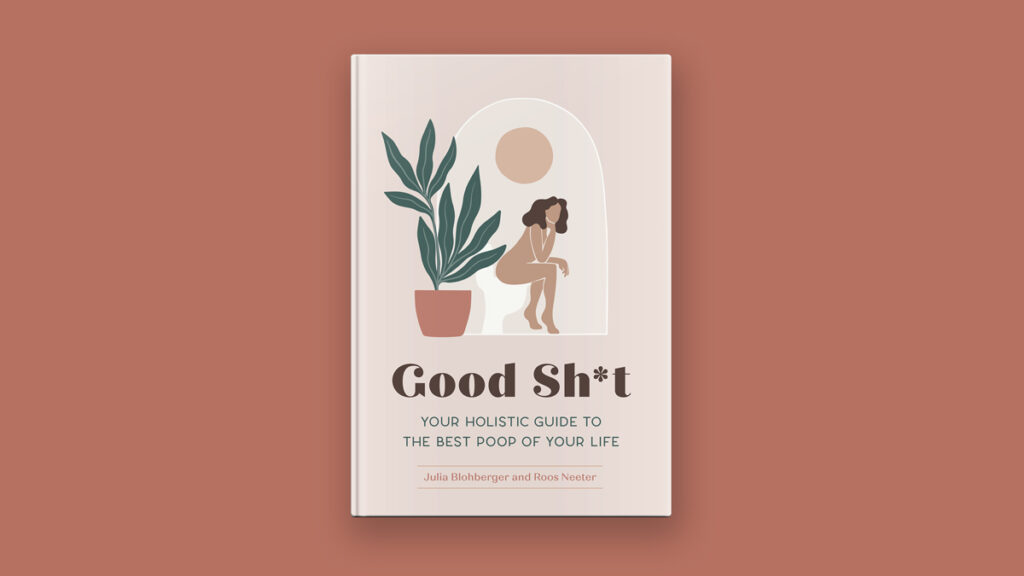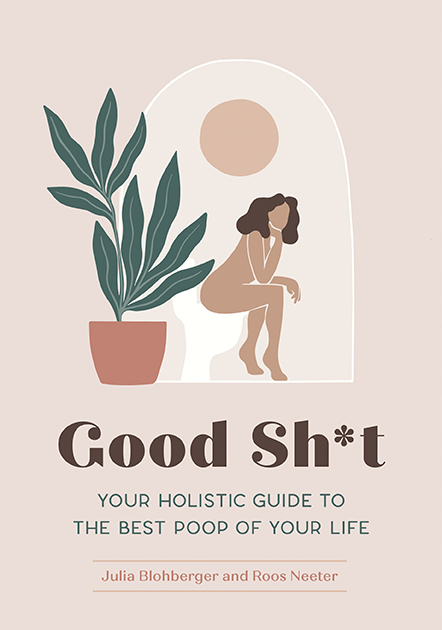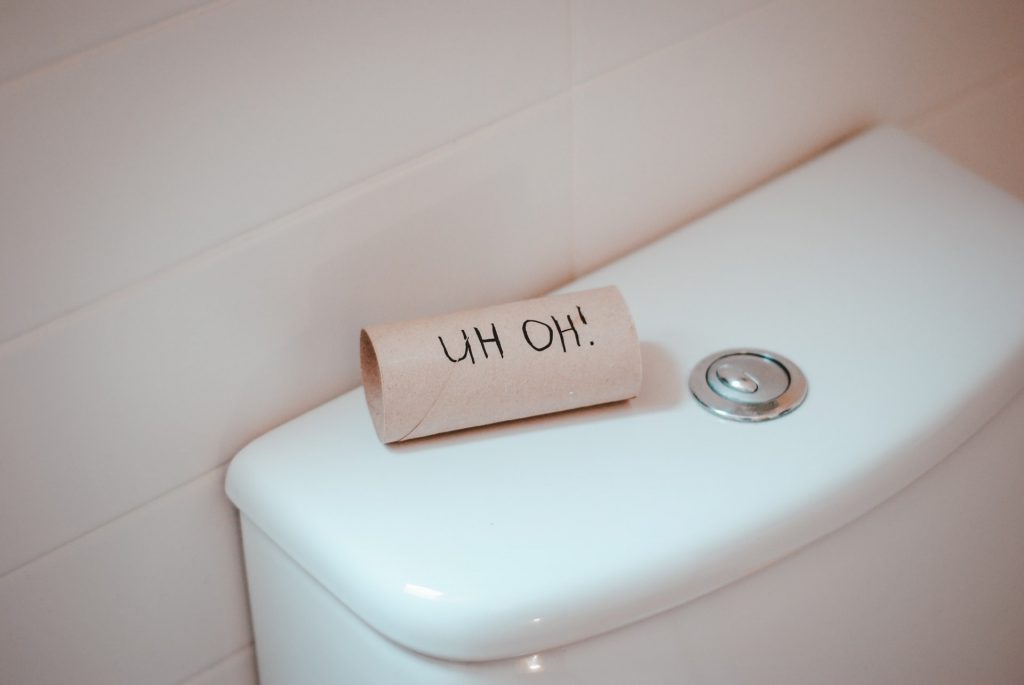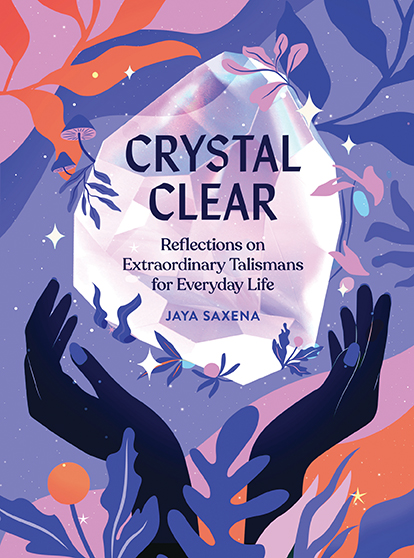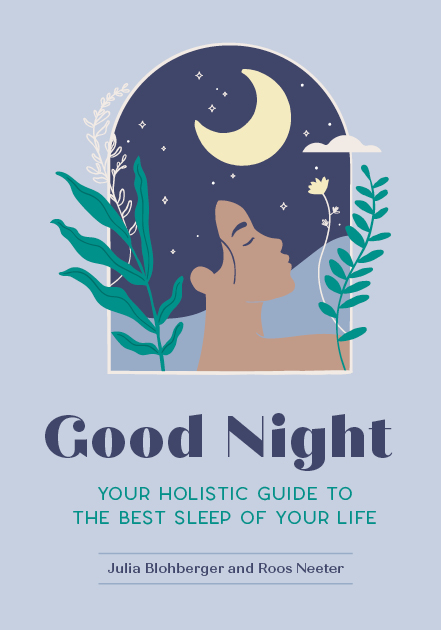Q&A with Julia and Roos, the authors of Good Sh*t
According to the International Foundation for Functional Gastrointestinal Disorders, irritable bowel syndrome (IBS) affects approximately 10-15% of the worldwide population, with 60% to 65% of those suffering reporting as female. This makes IBS a major women’s health issue! And since April is IBS Awareness Month, we talked to the authors of the handbook Good Sh*t: Your Holistic Guide to the Best Poop of your Life about holistically healing the gut.
Quirk Books (QB): Hello, Julia and Roos! As Ayurvedic health and lifestyle advisors, can you tell us more about your philosophy on poop?
Julia Blohberger (JB): Yes! We are aiming to make people more aware of how they return their meals to Mother Nature, as your “number two” is a super important indicator of how well you digest your food. You can follow a most healthy diet but not be able to digest it, or maybe you end up feeling gassy and bloated all the time. Our motivation is to give you a guide that helps you to support yourself on your journey when you start getting acquainted with daring to look back.
Roos Neeter (RN): Poop is a great source of information for your health and the way you digest your food. After all, you are what you digest!
QB: When you talk to people who are unfamiliar with Ayurveda, how surprised are they when they hear that poop is a primary source for diagnosing overall health?
JB: To most people, it’s an eye opener! Poop is one of the barometers in Ayurveda, though for sure not the only one. But it can give you a lot of information about your body and your state of mind. Also, since it’s such a taboo subject that people don’t like to talk about, one can assume that going to the toilet once a week is normal, or that going to the toilet 4-5x a day is normal. Talking about it gives some insight about what a healthy bowel movement looks like.
RN: We find that people are not very aware of their time they spend on the toilet! To talk about poop can be a little awkward, but once the shock of this news wears off, people usually begin to understand the importance of pooping. And talking about it takes away the taboo!
QB: Though each person’s journey looks different, do you find that people who struggle with gut issues like IBS tend to have any similarities in their diet and/or lifestyles before they work with you?
JB: For sure! IBS is often linked to stress and it can also be related to a change in the microbiome. In Ayurveda, we look at every single person individually—everyone comes from a different background, with their own history—instead of looking at the general.
RN: Yes! Often, people are already very aware of and educated about the food they eat, but they might need to change their eating habits. Common things we hear from people are behaviors like eating when they’re not hungry, eating too fast, or eating too much.
QB: What would you say to encourage people who are hesitant about holistic approaches to health to get them to try your tips and tricks for improving their gut issues?
JB: Beautiful question! “Holistic” doesn’t mean that you now need to start “feeling” and “sensing” everything. You can start with little things, one step at a time—such as not drinking coffee on an empty stomach!
RN: Yes, “holistic” is just a word. You can think of it in terms of going back to basics and making things simple again. Small changes can make such a big difference! For example, you can try to drink lukewarm water instead of cold water and go from there.
QB: With its handy tracker and journal prompts, Good Sh*t is a great resource for people who want to relieve their IBS symptoms. Do you have any advice for these folks as they head into a new health journey?
RN: Be curious! It’s your body, it’s your gut. Explore how things work for you. Everyone is different. Learn to listen to what your body tells you.
JB: I fully go along with my colleague here! Be curious.
